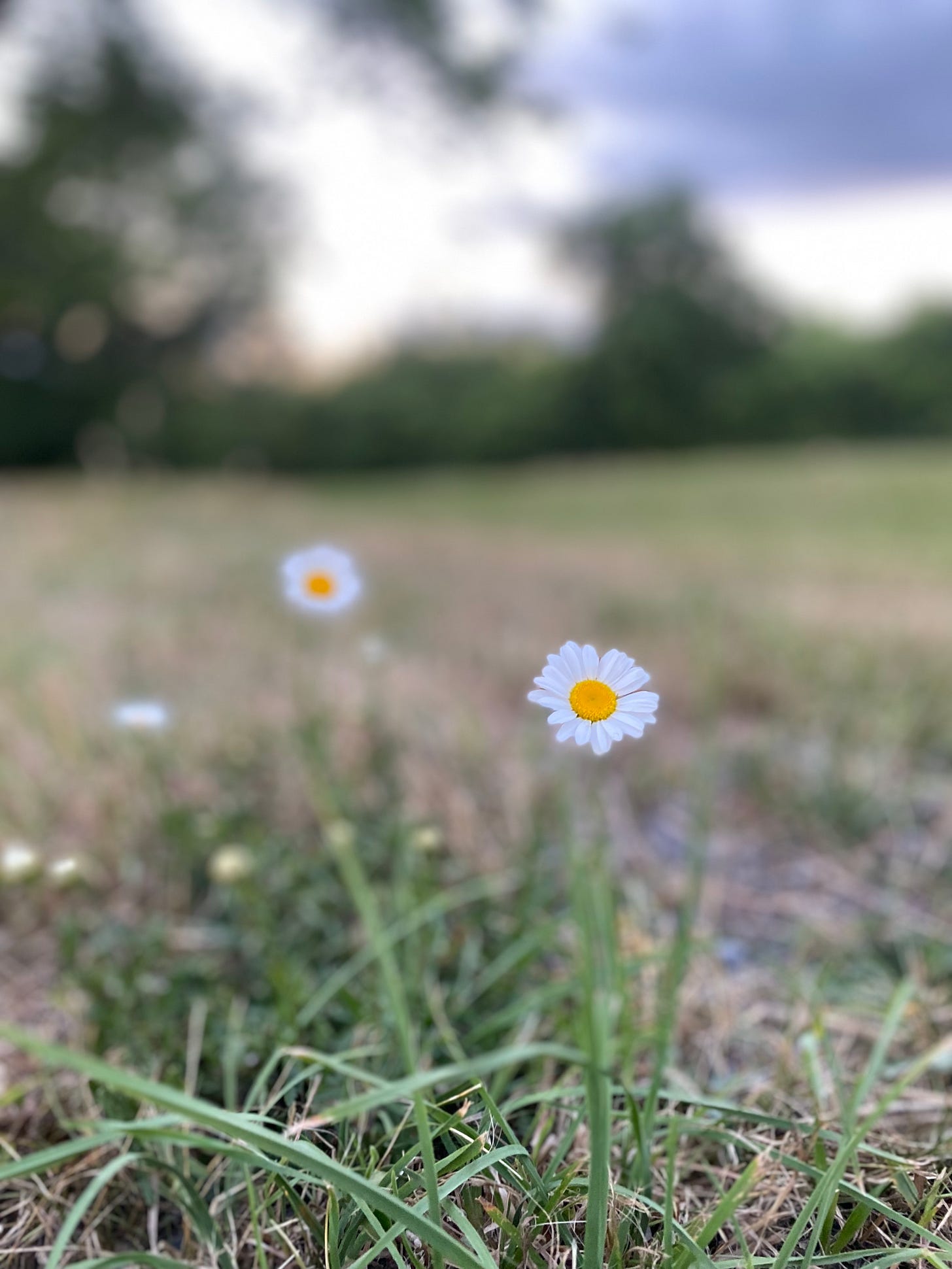The Greeks used to say
that people in need
are the ambassadors of the gods.
We read in the Gospel:
"As long as you did it
to one of the least
of My brothers
you did it to Me."
Peter Maurin
One of the most indelible dichotomies in American society is the bright red line between the helpers and the helped. To be a helper, to volunteer, to give back, to practice philanthropy, is laudable. To ask for help, to beg for what you need, to be someone who cannot provide for all their own needs, who is not sealed off from the rest of the human race by the happy moat of their own money, but depends on their community is shameful.
The social roles around helping and being helped is coded in gender and in race. “White” means a person who does not need to be helped, who has the power to help others if they want, but not need any help from others. It is easier for a woman to ask for help from a man than a man from a woman or a man from another man or perhaps a woman from another woman.
So, all that to say is that asking for help is hard. Asking for help has been my new year’s resolution, and what better practice of it than a begging pilgrimage? I thought.
As we began our pilgrimage, asking for help was hard. It’s still hard, and we found ourselves slipping back into self-reliance rather than depending on others throughout our journey.
But begging becomes easier when, first, it is really your only option. It is much easier to overcome a social script of shyness regarding asking for food when you are actually very hungry. And, second, when you encounter the abundance that we live in: there is always something to give. In this economy of abundance, the smallest gift engenders delight. I think of the small cup of Dole peaches we received on the road, the five-mile ride to an inn, and the couple at the inn who filled our bottles with cold water and ice, even though they were rushing out to cater a wedding. I think of Mary Anne’s ice cream party in Ithaca, the couple who gave us water from the tap and directions into town. I can still recall the face and name of each person who gave us water, whose generosity was such a blessing on the road.
Third, asking for help becomes easier when you realize that the community on the other side of it is so much richer. When we need others, Peter Maurin says, we give them the opportunity to do good, for goodness’ sake. It is hard to overcome the pride of self-reliance. But, at points on our journey, after a surprising encounter, or a sweet host, I marveled at how many times I have traveled and not made any new friends or met any new people. How I have traveled and yet my world has gotten no larger. Staying at hotels and AirBnBs, we are sealed off from community. The rich relationships that hospitality gives rise to are outsourced to the market. But how much better it is to sleep on a living room floor or couch after sharing a homecooked meal, beer, and conversation.
Community cannot thrive without hospitality. And hospitality does not need to be glamorous to be beautiful. To have less means that you can give more, because you can still always find something to give. And when you practice giving from your own poverty, what you receive becomes so much richer, because you know just how much it has cost the other person to give you what they have.
Hospitality is a practice that erases the division between helpers and the helped. Rather than being benefactors and recipients, we become guests and hosts. And this image of guest and host is the image God gives us over and over in the scriptures of who God is to us and what living in an ultimate reality with God will be like.
While modern society
calls the beggars
bums and panhandlers,
they are in fact
the Ambassadors of God.
To be God's Ambassador
is something
to be proud of.
Peter Maurin
If you missed the summer update, check it out here.





